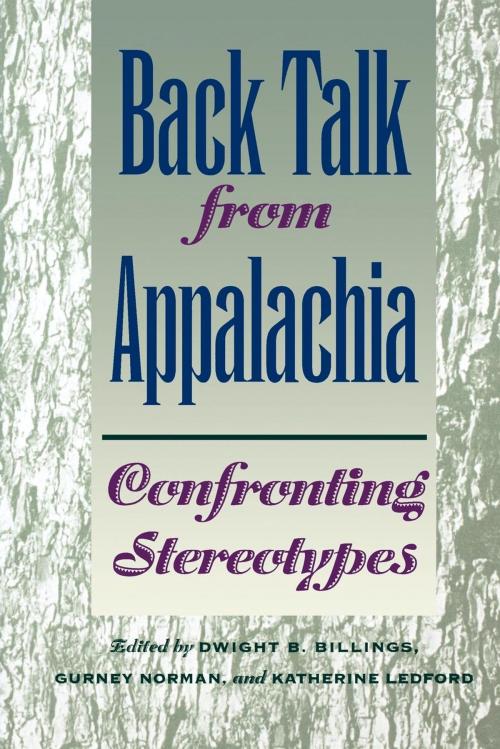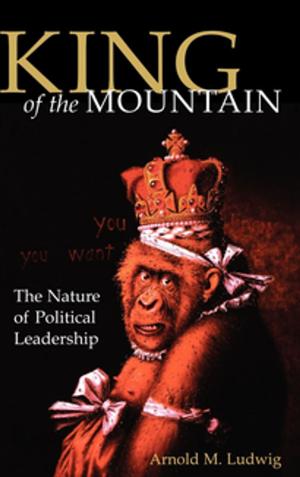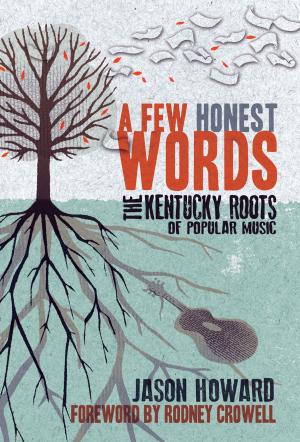Back Talk from Appalachia
Confronting Stereotypes
Nonfiction, History, Americas, United States, State & Local, Social & Cultural Studies, Social Science, Cultural Studies, Ethnic Studies, Anthropology| Author: | ISBN: | 9780813143347 | |
| Publisher: | The University Press of Kentucky | Publication: | February 27, 2013 |
| Imprint: | The University Press of Kentucky | Language: | English |
| Author: | |
| ISBN: | 9780813143347 |
| Publisher: | The University Press of Kentucky |
| Publication: | February 27, 2013 |
| Imprint: | The University Press of Kentucky |
| Language: | English |
Appalachia has long been stereotyped as a region of feuds, moonshine stills, mine wars, environmental destruction, joblessness, and hopelessness. Robert Schenkkan's 1992 Pulitzer-Prize winning play The Kentucky Cycle once again adopted these stereotypes, recasting the American myth as a story of repeated failure and poverty--the failure of the American spirit and the poverty of the American soul. Dismayed by national critics' lack of attention to the negative depictions of mountain people in the play, a group of Appalachian scholars rallied against the stereotypical representations of the region's people. In Back Talk from Appalachia, these writers talk back to the American mainstream, confronting head-on those who view their home region one-dimensionally. The essays, written by historians, literary scholars, sociologists, creative writers, and activists, provide a variety of responses. Some examine the sources of Appalachian mythology in nineteenth- and early twentieth-century literature. Others reveal personal experiences and examples of grassroots activism that confound and contradict accepted images of ""hillbillies."" The volume ends with a series of critiques aimed directly at The Kentucky Cycle and similar contemporary works that highlight the sociological, political, and cultural assumptions about Appalachia fueling today's false stereotypes.
Appalachia has long been stereotyped as a region of feuds, moonshine stills, mine wars, environmental destruction, joblessness, and hopelessness. Robert Schenkkan's 1992 Pulitzer-Prize winning play The Kentucky Cycle once again adopted these stereotypes, recasting the American myth as a story of repeated failure and poverty--the failure of the American spirit and the poverty of the American soul. Dismayed by national critics' lack of attention to the negative depictions of mountain people in the play, a group of Appalachian scholars rallied against the stereotypical representations of the region's people. In Back Talk from Appalachia, these writers talk back to the American mainstream, confronting head-on those who view their home region one-dimensionally. The essays, written by historians, literary scholars, sociologists, creative writers, and activists, provide a variety of responses. Some examine the sources of Appalachian mythology in nineteenth- and early twentieth-century literature. Others reveal personal experiences and examples of grassroots activism that confound and contradict accepted images of ""hillbillies."" The volume ends with a series of critiques aimed directly at The Kentucky Cycle and similar contemporary works that highlight the sociological, political, and cultural assumptions about Appalachia fueling today's false stereotypes.















